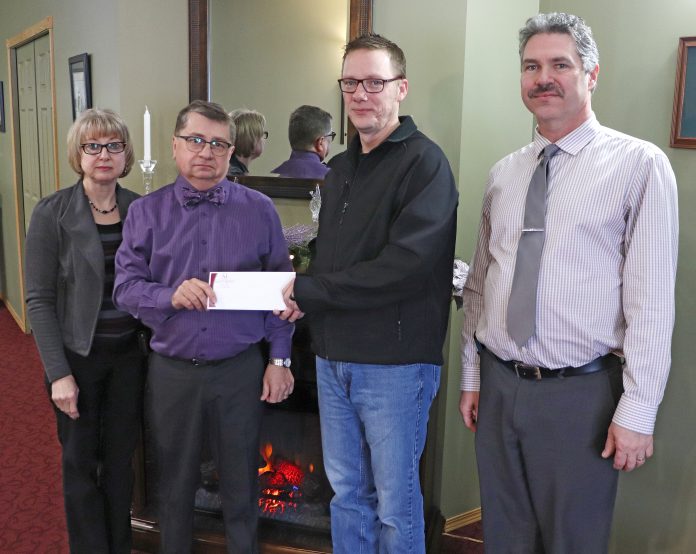
The probability of exposure to trauma dates back to the beginning of mankind; along with it, the psychological impact on individuals. Although evidence of the condition dates back centuries, it was not until 1980 that PTSD (Post Traumatic Stress Disorder) was formally recognized by the American Psychiatric Association (APA).
The mental health disorder, triggered by experiencing or witnessing one or accumulative distressing and terrifying events, often results in nightmares, flashbacks, constant uncontrollable recollection of the event(s) and severe anxiety. Expectedly, the condition is more predominant in high risk working environments where exposure to these events is frequent.
Now, almost 40 years later, the stigma surrounding PTSD is finally beginning to fade.
“PTSD has been around since the dawn of war; it was known as shell shock back in the day,” explains Landon Ullrich, an Advanced Care Paramedic in Melville. “It’s becoming more prevalent now. It’s more widely accepted that we can speak about it openly and understand that it’s actually an illness that can debilitate one’s career or sometimes their life.”
Landon is a co-creator of a new peer support group in the region designed to encourage first responders to speak sincerely about their experiences in the field.
“Not everybody in the group has PTSD; a lot of it is the education behind it, to be aware of what the signs and symptoms are. Some people don’t understand that if they’ve been having a rough day for a week, maybe it’s not just a rough week and now they have the background and the information to try and get some help,” said Ullrich.
He explains that PTSD is not always the result of one exceptionally terrifying occurrence; it can often be triggered by, what psychologists refer to as, an Indexing Event.
“This is my twenty-eighth year and I’ve had many events over the years that bothered me, but which is the one that puts you over the top to actually start to realize that you have a problem?” Landon explains. “Within Melville and area, we all work together from start to finish. We have first responders in Neudorf, Stockholm and many other groups that sometimes are there long before the ambulance or the fire department arrives but when we leave, nobody really checks in on them. So one of our firefighters, Tyler Stewart, had suggested we start a support group and so we decided mid-October that this was going to be a go and we started meeting every two weeks.”
When Mark and Gaylene Matthews of Matthews Funeral Home heard about the establishment of the Melville and District Emergency Services Peer Support Group, they decided that it was important to provide some financial support to help with the start-up costs.
“Because we have two volunteer firefighters on staff, one of whom was an EMT before becoming a funeral director, and with me having been a volunteer constable with the RCMP for ten years, we understand and appreciate the importance of peer support among first responders,” said Mark. “As funeral home owners, we know full well the types of things that first responders have to see and deal with,”
Landon points out that attendees are encouraged to seek help when needed, but if some individuals are not comfortable speaking in the group settings, arrangements can be made to speak one on one with another member.
“It gives people the opportunity to build a bond with somebody so that at the end of the day, if there’s an event that bothered you, you know that you have somebody that you can call and have a chat.”
Plans for the future of the support group also include social group events such as hockey games and wing nights to be held in the New Year outside of scheduled meetings.









